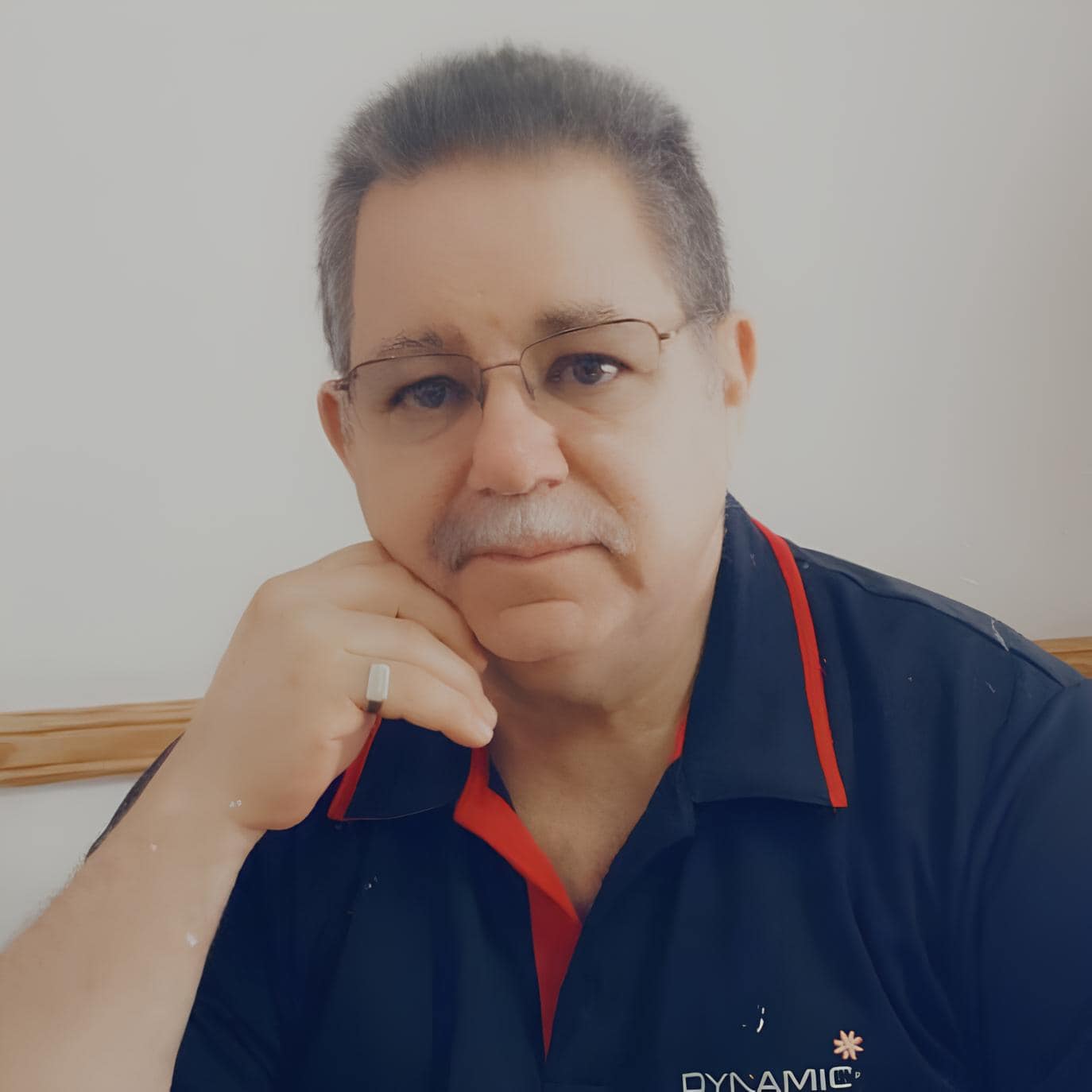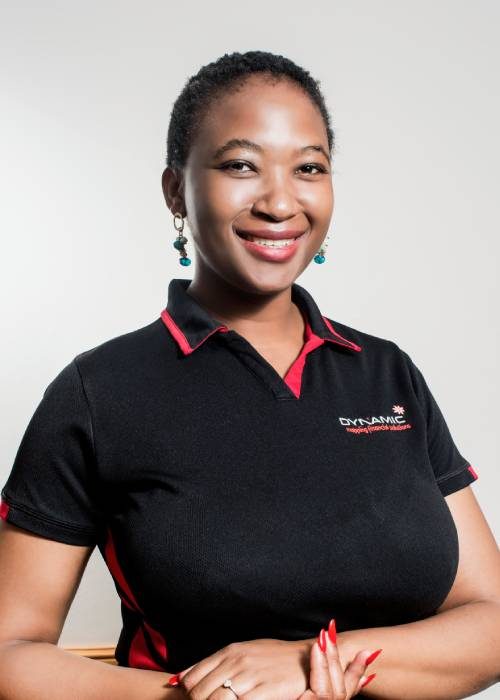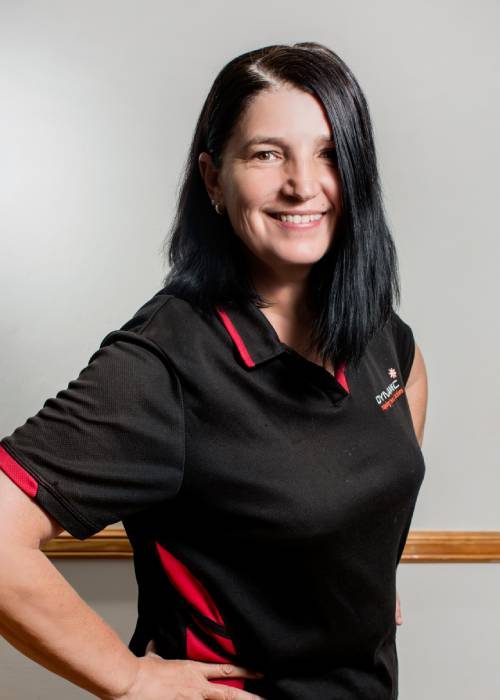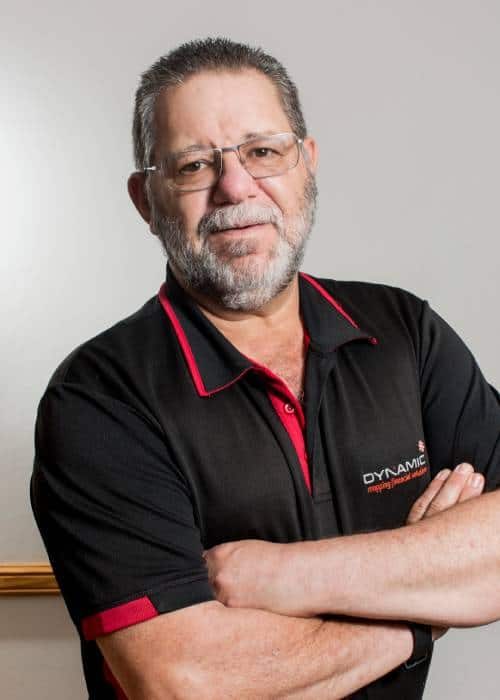How regularly should your last will and testament be updated?
It is recommended that your will is reviewed annually. But if you are acquiring assets regularly, it’s advised that you update your Will every six months. It is important to keep your Will up to date and to remember to revoke previous versions. Remember, if you have more than one Will in existence, your Estate dispersal can be disputed by anyone with reasonable cause to do so.
Here are a few recommendations as to when to update your Last Will and Testament:
- When you experience a change in assets
- When you get married or divorced
- When you become a parent
- When you want to change beneficiaries
- When you would like to change your Executor
- When your Beneficiary develops substance abuse or credit problems
- When your named Executors or Beneficiaries die.
- When your young family member becomes a responsible adult
- When you come into a windfall of money
- With impending retirement
- When you buy property in another country or emigrate to another country.
Other considerations of interest when drafting or updating your Will:
Getting divorced:
Not many people know about the three-month period concerning the changing of your Last Will and Testament after getting divorced.
In South Africa, the formalities and administration of Wills are regulated by the Wills Act 7 of 1953. It does not contain any provisions which regulate the effect of marriage on a Will. It does, however, regulate the effect of divorce or annulment of a marriage on a Will. In this regard, it states that if a person dies within three months after a divorce or annulment and that person executed a Will before the date of the divorce or annulment, the Will must be implemented as if the Testator’s ex-spouse had died before the date of the divorce or annulment. In other words, let’s say your spouse drafts a Will in January leaving the property to you, in February you get divorced and in March your spouse passes, and you will not inherit the property. That is unless the Will clearly indicates that the Testator intended to benefit the ex-spouse notwithstanding the divorce or annulment.
On the other hand, where a Testator dies after three months have passed from the date of divorce and the Will was executed before that date, the previous spouse of the testator would inherit in accordance with the terms of the Will.
Having a child:
When drawing up your Will, you should also choose a legal Guardian who would have full custody of your child should you and your spouse pass away. For many parents, this is the most important — and likely also the most challenging — part of the process.
You’ll want to choose a Guardian who you trust to raise your children in the way that you want them to be raised and that you inform them of your nomination and have their consent.
Same-gender couples:
If you are a same-gender couple, make sure that you have a “second parent adoption.” This means that both parents have legal custody of their partner’s adopted or biological children in the event of death.
Your child gets married:
A parent is usually wiser than the infatuated bride or groom-to-be. You may also know more about your future ex-son-in-law and future ex-daughter-in-law than your child does. But your current Will likely addresses issues that applied when your child was an infant, meaning it does not make provision for your child’s possible divorce. You may be able to mitigate the lack of a prenuptial agreement by creating Trusts in your Will and including post-nuptial requirements before your child can receive any Estate distributions.
Where should I keep my Will?
Your Will is one of the most important documents you will compile, and it needs to be stored in a safe and easily accessible place to find it should you pass away.
You can’t find your regular Will? Make sure you replace that Will with a new, original one that explicitly states it invalidated all prior Wills.
The “leftovers” of your Estate
Check that your Will includes what is referred to as a ‘leftovers’ clause to deal adequately with the residue of your Estate. After all debts have been settled, any bequests or legacies that you have stipulated in your Will are paid out to the nominated heirs or legatees, following which the residue of your Estate is distributed amongst your beneficiaries. However, if you have not specifically stipulated how you would like everything else remaining in your Estate dealt with, the residue of your Estate could be distributed in terms of the law of intestacy, meaning that you would effectively die partially intestate. If there is no such clause, it may be wise to re-draft your Will to insert an appropriate clause.
How to revoke your Will
It is important to keep your Will up to date and to remember to revoke previous versions.
The simplest method of revoking a Will is by validly executing a new, updated Will.
The easiest way of revoking your Will is to phone Capital Legacy and speak to an advisor. If you go the Capital Legacy way you will be sure that your new Will is professionally done, and it doesn’t cost you a cent.
You could also do it yourself if you want to. You must just make sure that it meets all the legal requirements. It is very important that a revoking clause is in your updated Last Will and Testament. It should read: “I hereby revoke all former Wills and Testamentary dispositions and declare this to be my Last Will and Testament”.
This simple clause will revoke all previous Wills and Codicils.








